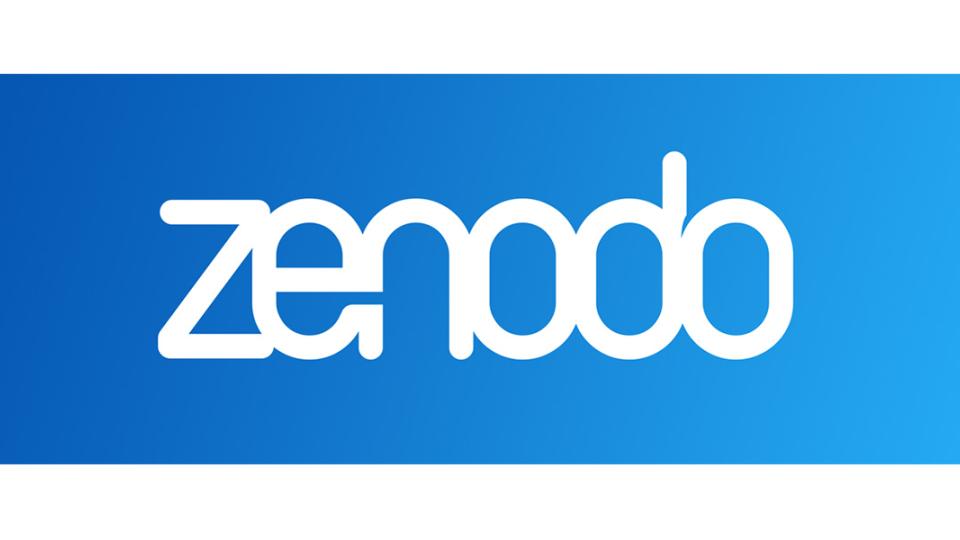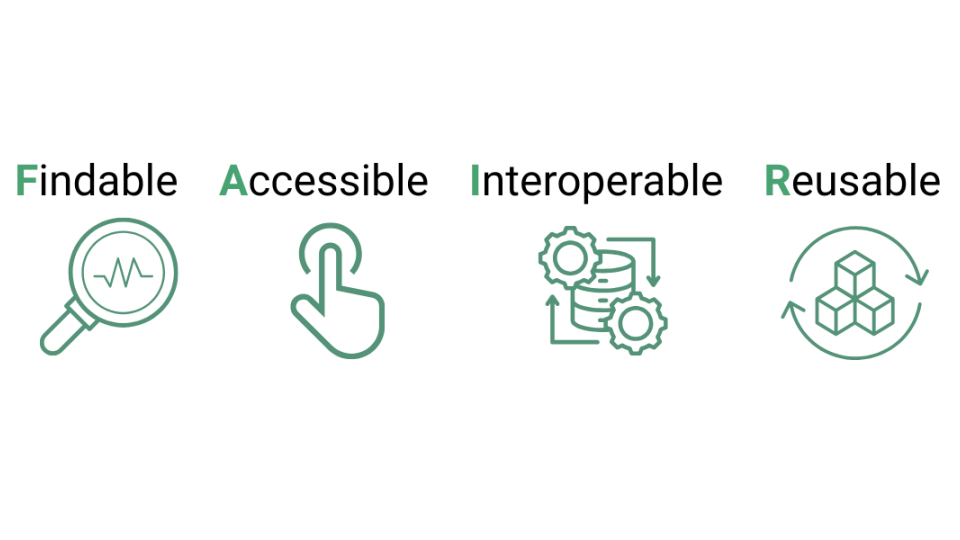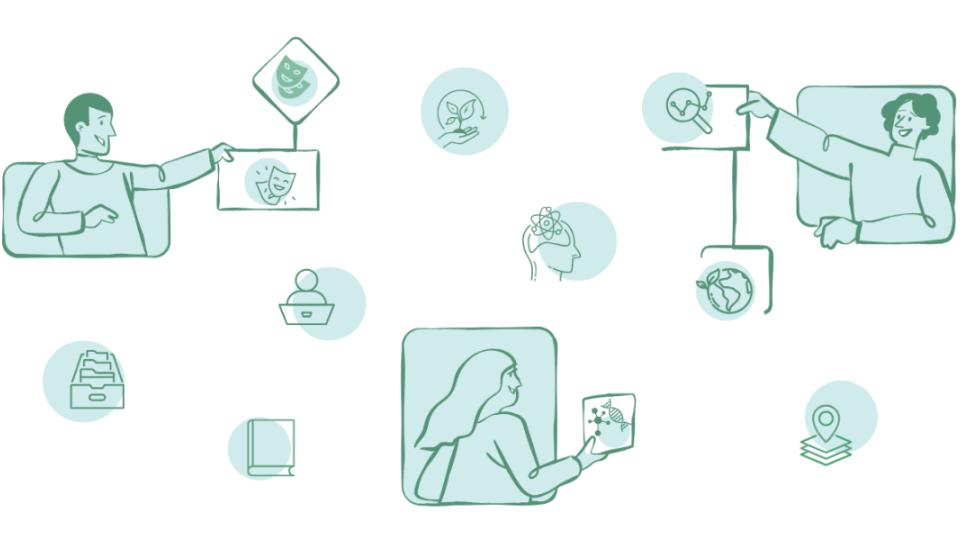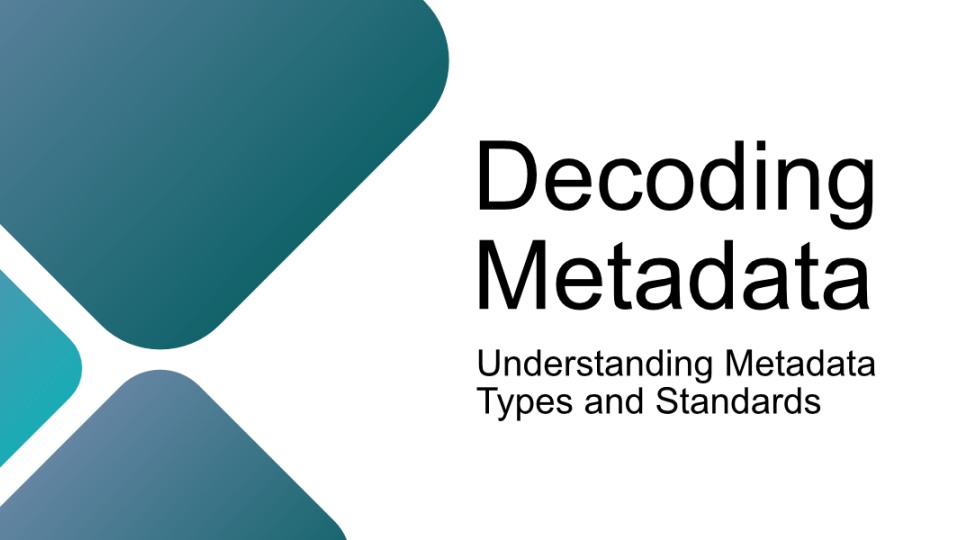Zenodo was launched within the frame of the OpenAIRE project, which was commissioned by the European Commission to provide open access to research outputs financed by public funding in Europe. Not all researchers necessarily have access to an institutional repository. Zenodo was designed to help them to comply with the open access requirement.
As an OpenAIRE Partner, the European Organization for Nuclear Research known as CERN created Zenodo as a “Catch-all” data repository service for EU researchers in 2013. Zenodo also allowed OpenAIRE to test new workflows and content types before being rolled out to other repositories.
The Zenodo repository is open and not restricted to scientific disciplines or publications; it adheres to the principle “All fields of research. All types of research artifacts“. It also permits sharing, curation, and publication of data and software. The Zenodo code itself is open source and accessible via GitHub.
How can this project help me?
Zenodo is a huge archive and database. Everyone can find various research outputs on a specific topic from the perspective of different disciplines.
Anyone with research output may deposit it (e.g. articles, datasets, images, posters, software). Zenodo accepts large files (up to 50GB) without format restriction. The data is assigned a Digital Object Identifier (DOI), which means that you do not need to publish in a journal to obtain a unique and permanent DOI, which makes your publication more easily citable according to international standards. Other features are very helpful for researchers: flexible licensing and accessibility, long-term storage, and automatic integration in reporting for European Commission-funded projects via OpenAIRE.
How can I use Zenodo and what are its benefits?
Zenodo is an open and save repository to liberate research data by making it as easy and painless as possible. Zenodo’s search engine and upload function are very user-friendly. Just try it!



